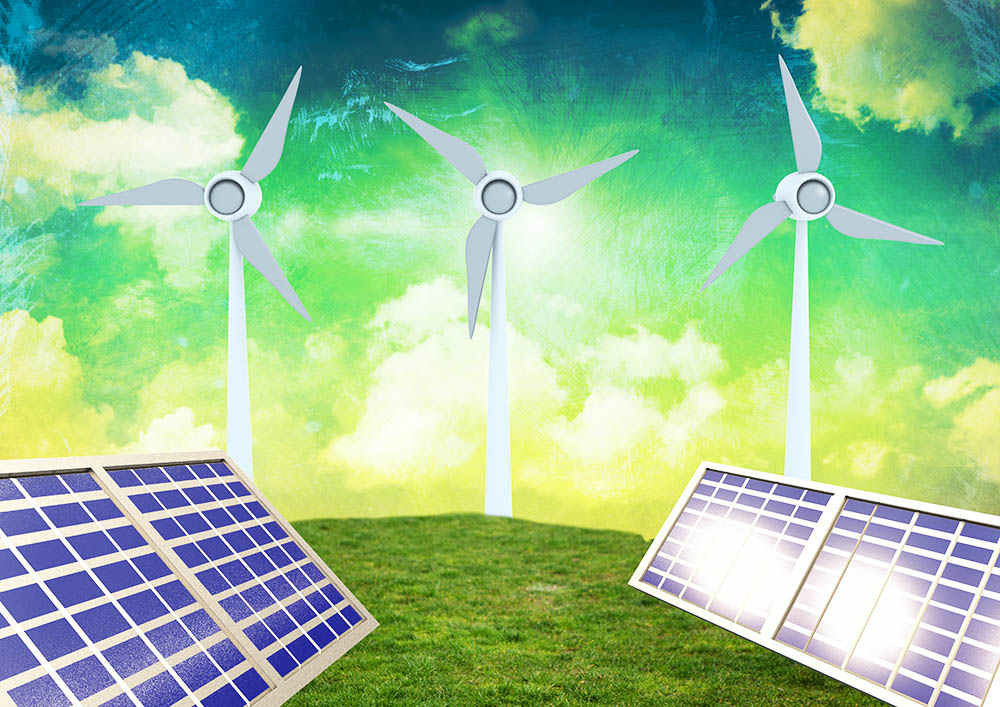The state of our planet has been an issue of increasing concern in recent years. The effects of climate change and pollution can be seen all around us, from melting polar ice caps to plastic-filled oceans. It is becoming increasingly clear that urgent action is needed to protect our planet and ensure a sustainable future for generations to come.
Individual actions may seem small in the grand scheme of things, but they can have a significant impact. Here are some of the reasons why every action you take for the environment matters.
Climate Change and Its Effects on Our Planet
The topic of climate change has been a hot topic for many years now. It is understood that climate change is mostly caused by the emission of CO2 from human activities, such as the burning of fossil fuels, deforestation, and agricultural practices. Climate change has a significant impact on our planet, causing changes in temperature, precipitation levels, and sea levels.
The effects of climate change are widespread and alarming. They include more intense and frequent heatwaves, longer droughts, severe flooding, and more powerful hurricanes. Climate change also threatens the survival of many species and endangers our ecosystems.
Pollution and Its Impact on Our Planet
Pollution is another significant environmental issue that affects our planet. It includes air pollution, water pollution, and soil contamination, which result from human activities such as industrial processes, transportation, and waste management. Pollution can have severe consequences on our health and the environment.
Air pollution, for instance, can cause respiratory problems, reduce visibility, and lead to the formation of acid rain, which can be harmful to plants and aquatic life. Water pollution, on the other hand, can lead to the death of fish, algae blooms, toxic substances in drinking water, and can harm human health if consumed.
Every Action You Take Counts
It is crucial to understand that every action you take for the environment counts. No matter how small, even the smallest actions can make a significant difference. Here are some ways that you can help make a difference:
- Reducing Your Carbon Footprint
- Reducing Your Waste
- Conserving Water
- Protecting Our Natural Resources
Reducing Your Carbon Footprint
The carbon footprint of an individual is affected by the choices they make. For example, the mode of transportation they use, the food they eat, the energy they use, and the products they consume. To reduce your carbon footprint, you can:
- Use public transport, ride a bike, or walk to your destination, if possible, instead of driving your car.
- Eat less meat and dairy products, which have a higher carbon footprint than plant-based foods.
- Use energy-efficient light bulbs and appliances, turn off lights and electronics when not in use, and lower the thermostat when possible.
- Buy products that are made from recycled materials and can be recycled themselves.
These simple steps can help you reduce your carbon footprint, which helps reduce the amount of CO2 emitted into the atmosphere.
Reducing Your Waste
Reducing your waste can have a significant impact on the environment. Here are some ways that you can reduce your waste:
- Reduce the amount of packaging waste by buying unpackaged products or buying in bulk.
- Avoid using single-use items like plastic bags, straws, and cups.
- Recycle plastics, glass, metals, and paper products.
- Compost food scraps, yard waste, and paper products.
These changes can go a long way toward reducing your ecological footprint and protecting our planet.
Conserving Water
Water conservation is essential for maintaining our ecosystems, preventing water scarcity, and protecting our human health. Here are some tips for conserving water:
- Fix leaks in faucets, toilets, and pipes.
- Use appliances that are water-efficient, such as washing machines and dishwashers.
- Take shorter showers and install low-flow showerheads and faucets.
- Collect rainwater and use it for watering your plants and garden.
Protecting Our Natural Resources
Our natural resources are essential for maintaining the balance of our ecosystems and our human wellbeing. Here are some tips for protecting our natural resources:
- Avoid using toxic chemicals on your lawn, garden, and home.
- Buy products from sustainable sources, such as recycled materials, certified wood, and organic products.
- Support conservation efforts by donating or volunteering for organizations working to protect our natural resources.
Conclusion
The state of our planet is a shared responsibility. Every action taken by individuals matters, and every one of us can make a positive impact. We must understand the role we play in protecting our planet and take action towards creating a sustainable future. Together, we can make a difference and help secure a healthy planet for generations to come.
